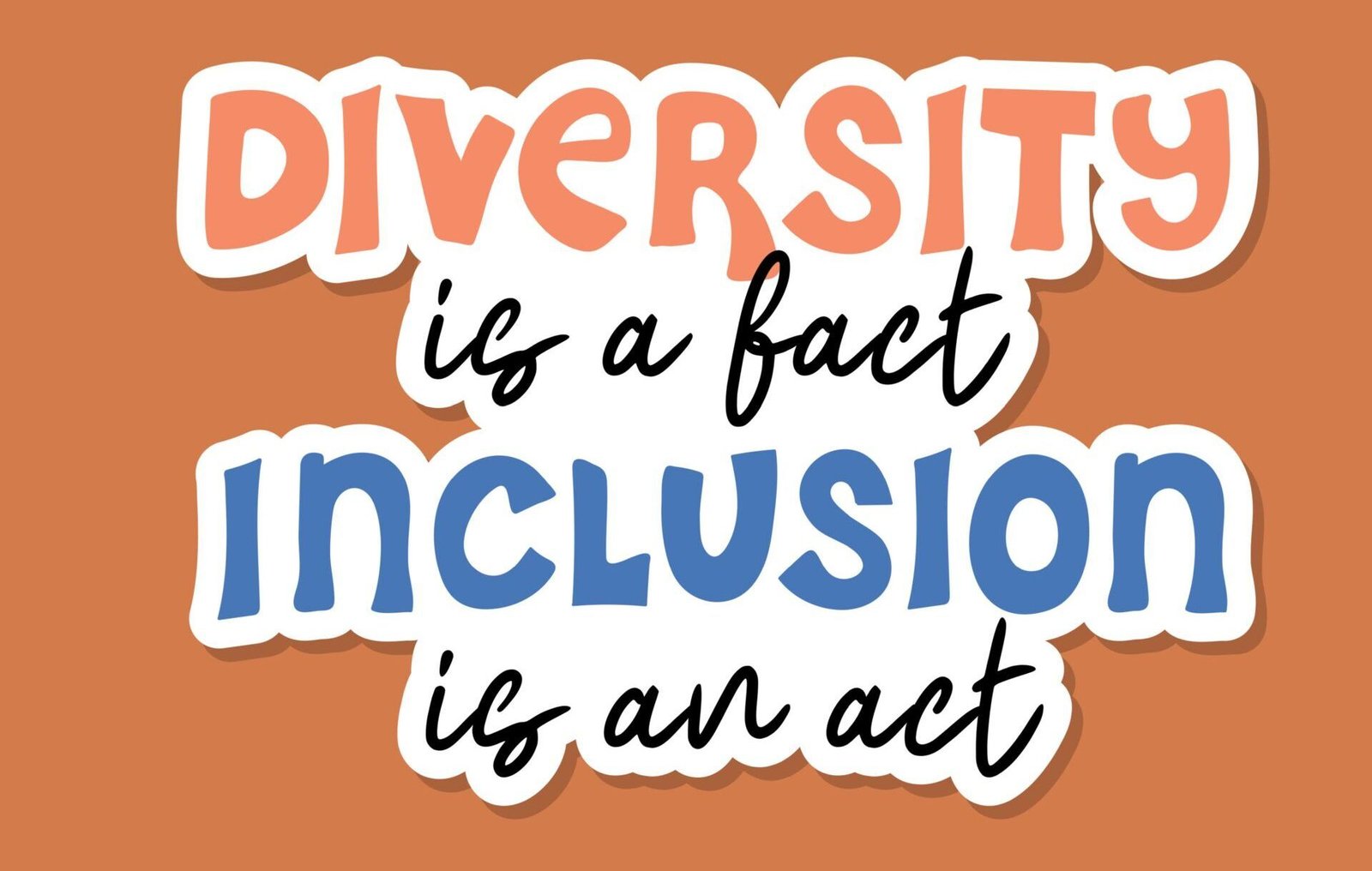-
 Get Inspired
Get InspiredHow to Avoid Discriminatory Workwear Policies
A workwear policy needs careful consideration but can be immensely beneficial.
How to avoid discriminatory workwear practices
Drawing up workwear policies can be tricky because a person’s attire has the potential to significantly alter their confidence, productivity and overall sense of well-being. So, how can you keep employees happy while ensuring that your workforce looks the part? Here are a few tips for avoiding discriminatory practices and designing inclusive workwear for the whole workforce.

Understanding the Equality Act 2010
The Equality Act 2010 provides clear guidance on avoiding discrimination based on protected characteristics, including: disability, age, gender reassignment, pregnancy, maternity, sexual orientation, religion, and marital status. It’s important for employers to familiarise themselves with this legislation when developing uniform policies to ensure they are inclusive and legally compliant. There are no strict laws dictating dress codes in the workplace, but setting gender-specific requirements (e.g., asking men to wear ties) could lead to claims of sex discrimination.

Reasonable adjustments for employees
Some employees may require special adjustments to account for a physical disability or other conditions such as pregnancy. These adjustments may include providing alternative workwear options to ensure that employees are comfortable, safe, and able to perform their roles effectively. HeathBrook partners with suppliers who prioritise inclusive designs, ensuring that diverse needs are met. Explore our range of workwear products tailored for all employees.

Defining your dress code policy clearly
Legislation does not prevent employers from setting dress codes, but these must be justified based on factors such as brand image, health, and safety. Defining the purpose of your policy can help avoid misunderstandings and potential legal issues. Consider how your requirements align with your business needs and communicate this clearly to staff.

Gathering employee feedback
The best way to ensure that your uniform policy is inclusive is to involve employees in the process. The Equality Act emphasises the importance of accommodating individual needs, and gathering feedback through surveys or audits can help achieve this. HeathBrook offers services that include employee audits and feedback surveys, and we run workshops to engage staff throughout the uniform rollout process. Learn more about our approach to bespoke uniforms.
Inclusive design for diverse workforces
An inclusive uniform policy considers the needs of all staff members, providing a variety of options that accommodate different body types, religious beliefs, and functional requirements. Consulting employees and offering diverse choices can help avoid legal issues related to discrimination.
For assistance in developing inclusive workwear policies, contact HeathBrook for expert guidance.



